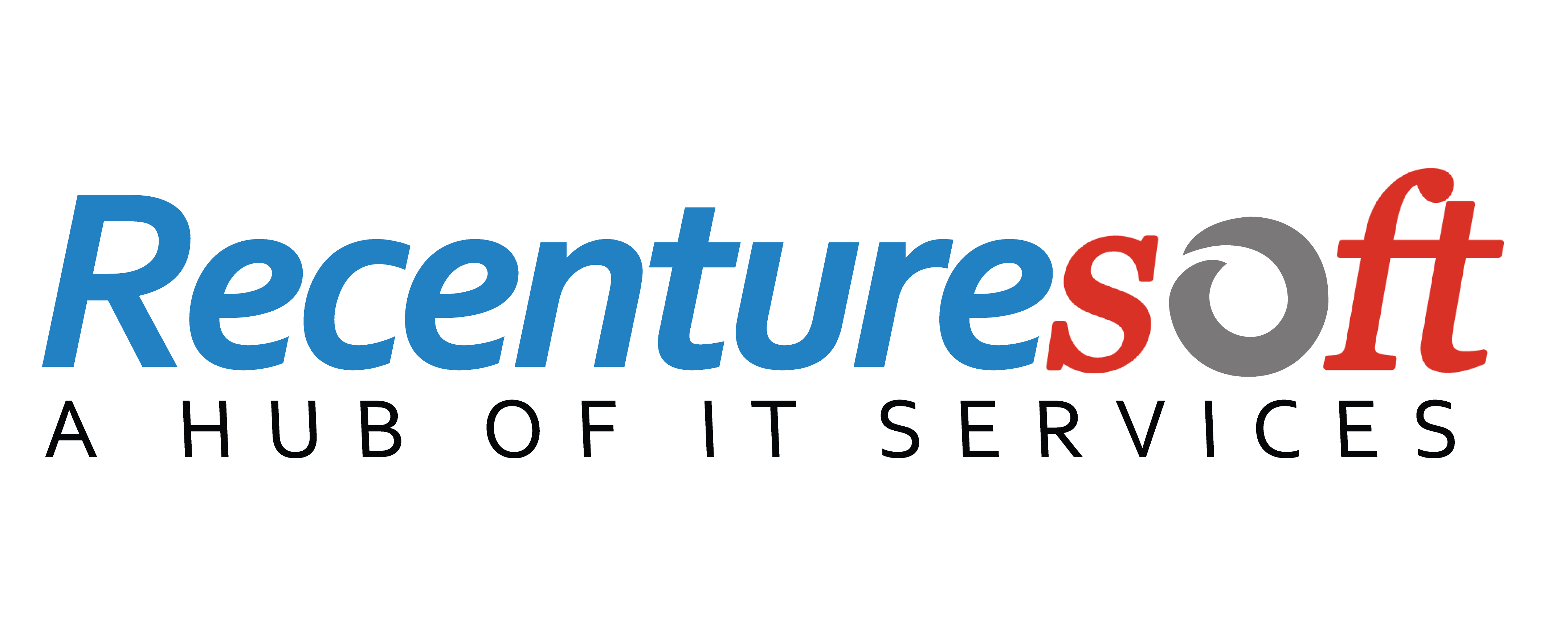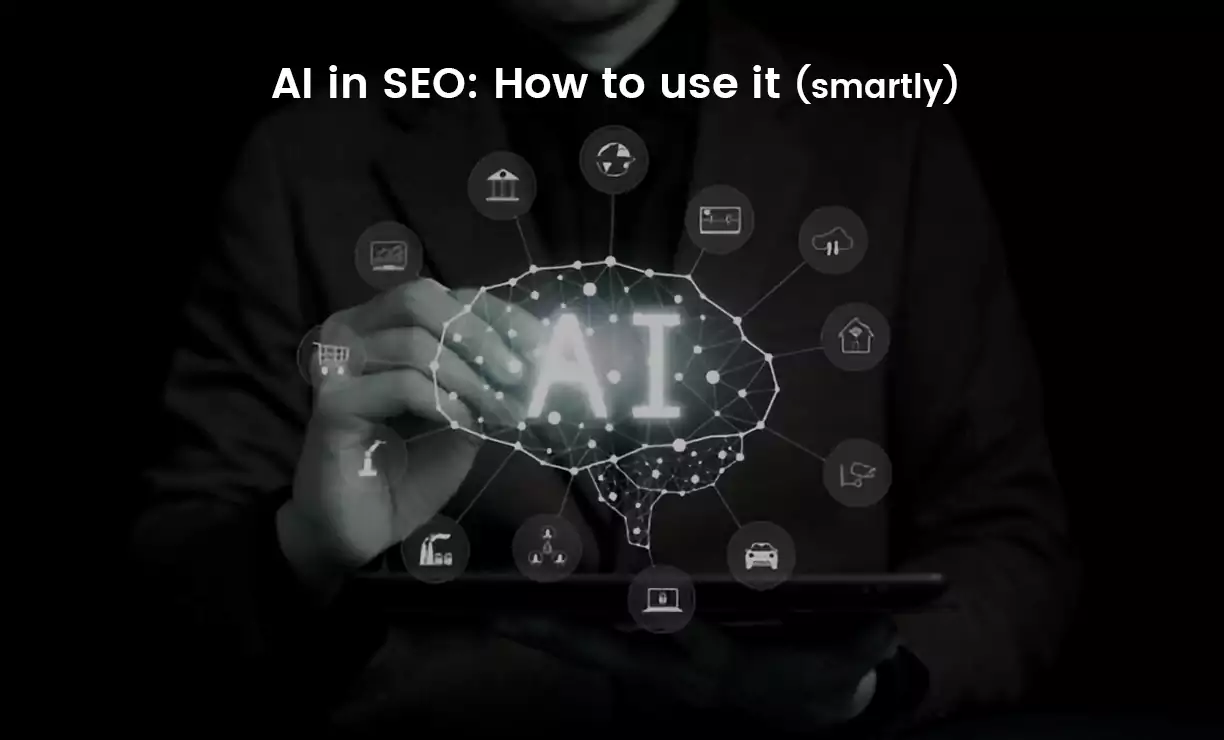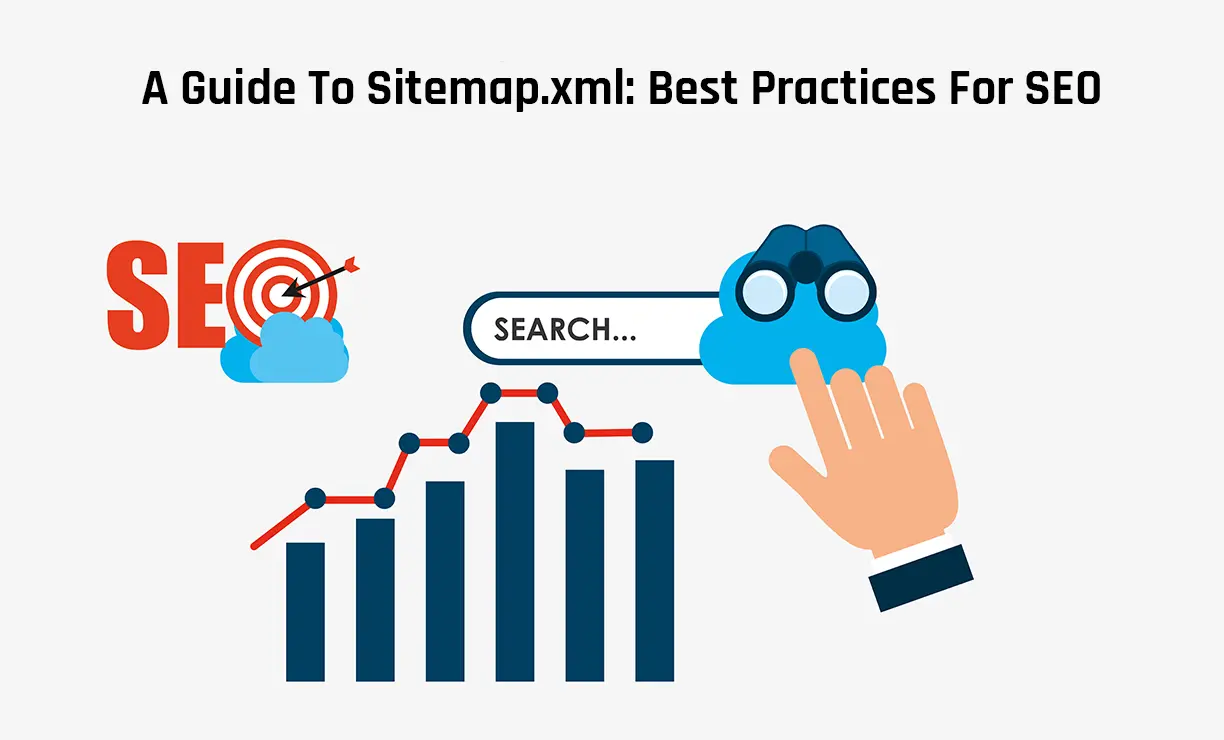Thanks to AI, SEO can be beneficial, but let your imagination and expectations be reasonable and know the proper ways to apply it step by step. As to that, if you are in doubt, you don’t have to worry! Turning to us means learning the ABCs of biking, and we really can help you go with the flow.
But before getting into the specifics of the capabilities of AI for SEO, one might first ask, What exactly is AI for SEO?
AI SEO is a convergence of artificial intelligence tools to enable a program to get or rank highly on search engines, particularly Google. These tools take data and work out patterns and changes, as well as recommendations, making it possible to achieve more and get seen more easily on the web.
SEO has been enhanced by AI tools in the following ways
With AI tools, you can always enhance your SEO plan because the tools can help in analyzing data, identifying trends in users’ behaviour, and providing tips on improving content.
They help bring efficiency to organisational work and can also allow one to spend more time researching strategy. However, an effective way to achieve these goals is to select the correct tools.
Which AI for SEO tools are there out there—and how do I make them work for me?
Thanks to the increased availability of AI, we now have numerous different approaches to AI for SEO. Of course, figuring out which of them is useful can be a real headache at times. Oh no, don’t fret; we’re here to help sort that confusion out for you.
AI for SEO: Best Practices and No-Nos
Here’s what our team thinks about using AI for SEO: what the proper practice is and what you should not do about its application.
Do manage your expectations
Artificial intelligence has been involved in SEO since 2016 when Google incorporated it into the process of searching for rankings. But, for the ordinary population, it is only within the last year or so that AI can be easily had.
We still have not reached the stage at which we can fully understand how to employ this kind of technology. Some new tools and methods can be used in the context of SEO to use AI.
This however should not be overwhelming or cause haste in the attempt to do all of it. Stay with what you know will be good for you and do not expect to see instant results as they do take time.
Do not engage in AI for SE without a plan in hand
When it comes to employing AI in SEO it is most effective when provided with directions on what to achieve. AI is capable, however, it will not know how to act if it is not told what to do. Here’s how to get the most out of it:
- Determine precisely what you want from SEO, whether it is an increase in website traffic or an improvement in keyword ranking.
- Set ‘SMART’ goals, which can be quantified, such as being on Google’s first page for specific terms.
- Feed the right data sets that the AI can use to always make good decisions.
- It is advisable to utilize the options of your SEO tools deeper to exclude what is insignificant for the algorithm and what is essential for your plan.
- All in all, it appears that when you are using AI writing tools, it is better to be more particular in your guidance.
- A part of the risk that people face when adopting generative AI is the degradation of the quality of generated content over time.
In other words, provide the AI with guidelines on the specific things you want accomplished, and your work for SEO becomes more efficient.
Does AI help with SEO? It does indeed, as it can take quite a while to perform such a task.
After some time to adapt to the AI tools, they do offer some convincing time-saving options. Here’s how:
- Thanks to AI, you can get a quick view of your SEO statistics. Some of the tools we currently have include Google Analytics and ChatGPT, among others. Such tools will enable you to search through the data set and identify patterns and trends that would otherwise take you a long time to identify.
- That data, your latest research, can be converted to beautiful and visually appealing graphics in a few moments using AI. For instance, there is Tableau, a rising AI tool that produces forms of data such as visual representations, and there are many others.
- AI can also show how effectively your changes in SEO practices may go. ClickFlow does what it takes to let you test strategies, review what is expected of you, and decide what your next course of action will be regarding SEO in as little as 5 minutes.
Remember that you have other high-powered SEO tools.
Tools such as Ahrefs, Moz, Screaming Frog, and Semrush are considered great because they are effective and accurate.
They are also integrating other business tools such as HubSpot and developing new options that can help your content improve instantly by using AI. Indeed, some of the tools it lists can do stuff that other AI tools cannot do, such as checking the Web in real-time.
However, there’s a key point to keep in mind: It is much more efficient to learn about such powerful tools as Semrush’s Keyword Magic Tool in the course of your organic search, rather than, for instance, rapidly asking ChatGPT for keywords just before writing a blog post.
Yes, you should employ AI for SEO to determine what is effective at a given time
AI enjoys A/B testing because when it comes to content it assists in enhancing the outcomes. AI tools are useful because you can generate multiple variations of headlines, metadata, and content structures.
Then, conduct a series of experiments to define which of these variations are good for Google and the target audience. There are certain tools for example Optimizely and RankScience whose task is to facilitate the process of A/B testing.
However, generative AI can also be used for creating and testing options if you want to try them out yourself.
Don't ignore your learning
Although machine learning is such a massive concept at the moment, your learning is even more significant. Stay informed on the new tactics in search engine optimization and their relationship with Artificial Intelligence.
Visit SEO blogs, study what kinds of terms AI specialists use, and enhance your abilities to develop prompts for AI. Ever make an effort to know why an AI suggested that or came up with that particular result?
Here's a helpful tip: Bozeman also advises that if you are using an AI tool and you cannot explain why the tool provided the result it did, just ask the tool. It can justify why it has taken that decision.
AI as a starting point – yes
It still cannot write Shakespearean sonnets, but you know, it is quite helpful for your content writing core. Do not sit and look at the screen and wonder where to start; let AI assist you in plotting the content and formats with consideration of SEO.
You can use HubSpot’s Content Assistant to generate ideas and make sure your content is keyword-optimized. AI can also tell you how to write items, which type of format is good, or the type of schema markup or else it is capable of delivering a draft that can be altered slightly.
Nevertheless, do not expect the best SEO content or reference research that depends only on the support of AI technology. But this has to be used to its optimum for increasing work efficiency but for increasing work accuracy, novelty and understanding, we have to add the human element.
Here is what you don’t want to do concerning AI for SEO: Be a set-it-and-forget-it kind of marketer.
AI is not a magic bullet that will fix your SEO overnight or even in a week or month, for that matter. It is a tool that analyses data with the view of assisting a user in making better decisions and easing his or her working experience.
First, you have to address some preliminary tasks that will help determine the efficiency of the applied AI tools. Monitor the progress in the long run and do not hesitate to make some changes.
You can observe and know what is happening and possibly alter it if necessary; it is strategic human strength. Just bear in mind that AI is not a marketer or an SEO professional – this is your role.
The areas that I have highlighted above should be implemented while the opposite areas are to be avoided.
Don’t use AI for SEO to guess about your audience
SEO tools integrated with data analytics can assist you in understanding the client base of your website. Here's how:
- There are tools like MonkeyLearn that help you analyze online opinions such as reviews and social media sentiments to see how people feel about your firm.
- Google Analytics shows how people use your site, meaning what you do and don’t want your visitors to do.
- HubSpot’s ChatSpot employs the use of artificial intelligence to interact and pull data and information about your customers so that you can get insights while you craft your marketing content.
- Advertisers like Adobe Analytics apply the use of AI for instance grouping users based on how they have been behaving and forecasting how they are going to behave in the future.
To that end, you can use the following information to shift your SEO utilisation as well as your content creation efforts.







